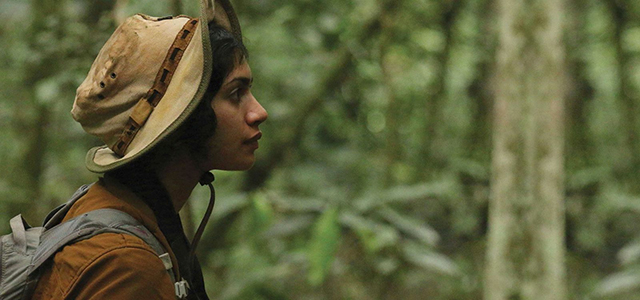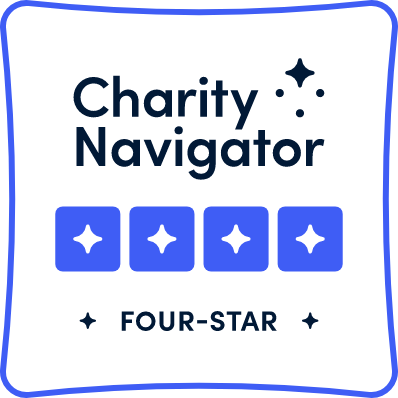The E.O. Wilson Biodiversity Foundation’s Half-Earth Project is working to support exploration in those places where new species are most likely to be discovered in order to better understand our planet and where we have the best opportunity to protect the most species. Applicants should apply to National Geographic.
Request for Proposals
Humans share the Earth with a spectacular variety of life. Since 1753, when Carl Linnaeus began our modern system of giving organisms two-part Latin names, almost two million species of eukaryotes have been identified and named. However, most of the millions of organisms on the planet have not yet been catalogued. The most recent biodiversity estimates suggest that more than 80 percent of species remain unknown to science — and that doesn’t even count bacteria! Lack of data impairs our ability to responsibly manage and conserve the planet’s resources. With more than one million species on the verge of extinction, we need to act rapidly or they will be gone forever — and will remain mostly unknown.


Photograph by Aaron Sandel
Eminent biodiversity scientist E.O. Wilson has called for a “Linnaean renaissance” to close the gap between the number of estimated species and those described by science. In honor of Wilson’s contributions to the field, and in celebration of his 90th birthday on June 10, National Geographic seeks to support the discovery of species through citizen science.
Proposals should activate a network of citizen scientists to help support the discovery of species, bridge biodiversity gaps, and accelerate biodiversity data collection, identification, and classification. We encourage proposals for work in any biome.
Successful applications must provide clear justification as to why the specific area needs to be explored. Preference will be given to proposals from applicants who reside in the country of fieldwork, and all proposals must include a team member from the country where the fieldwork takes place.
Please note: National Geographic requires that any projects intending to collect specimens have permissions from and operate under the biodiversity legislation of the host country — no exceptions. Applicants must obtain export and import permits where applicable. Applicants selected for funding will be required to show permits and depository plans prior to any work commencing.
PLEASE NOTE: JANUARY 2020 IS THE DEADLINE TO SUBMIT A PROPOSAL FOR THIS FUNDING OPPORTUNITY.
DETAILS
Priority will be given to citizen science projects that do one or more of the following:
• Support citizen scientists to conduct inventories, surveys, and/or research in areas that demonstrate a likelihood for new species discoveries due to species endemism and richness, especially where these have been highly damaged or threatened by human activities.
• Support the rediscovery of species where there is evidence a species thought to be extinct may still exist.
• Support the surveying of and primary data collection on species occurrences and abundances for species and regions with limited existing data.
• Encourage students and other citizen scientists who engage with these projects to build the attitudes, skills, and knowledge necessary to become stewards of the planet and contribute to solving real-world issues.
• For citizen science proposals, participation and data generation are of equal importance. Participation must be free for all users and cannot incorporate for-profit activities. Technologies might include mobile applications, web-based applications, or hardware and sensors with direct citizen science usage. Projects should create learning experiences through the collection of data and/or ground-truthing of data relevant to the trends or status of threatened, poorly understood, and undiscovered species.
Applicants should be willing to share collected biodiversity information not related to the discovery of new species to the Global Biodiversity Information Facility (GBIF) through a GBIF data publisher such as Map of Life or contribute them via citizen science mobile apps such asiNaturalist within the duration of the grant.
Proposals may request $5,000 to $30,000. The budgets of successful proposals will include reasonable, well-justified costs directly required to complete the project. Please see the Preparing Your Proposal page regarding budgetary guidance, including stipend eligibility, and justify all budget requests in detail. Successful applicants may use awarded funds over one to two years.
When applying for this RFP, please select “Wildlife” in the Lens dropdown menu on the Project Description tab of the application.
If you have questions about the Citizen Science for Species Discovery RFP, please email the National Geographic Society at grantsinfo@ngs.org with “Citizen Science for Species Discovery” in the subject line.

